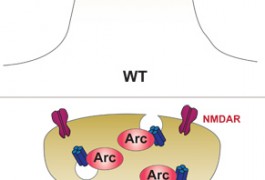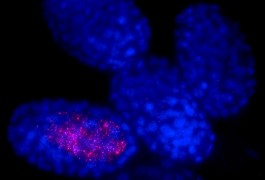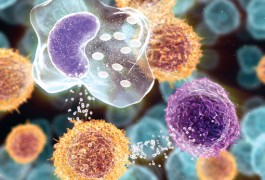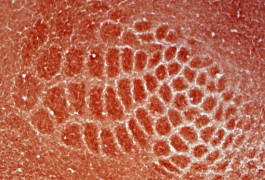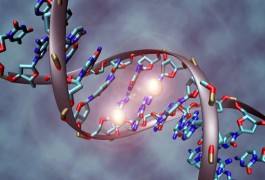Scientists find molecular player in Angelman syndrome
Two independent teams have discovered key molecular steps in the way a single gene disrupts the connections between neurons in individuals with Angelman syndrome. Because the gene, UBE3A, has also been linked to autism, the findings could help scientists understand and treat a range of neurodevelopmental disorders.
